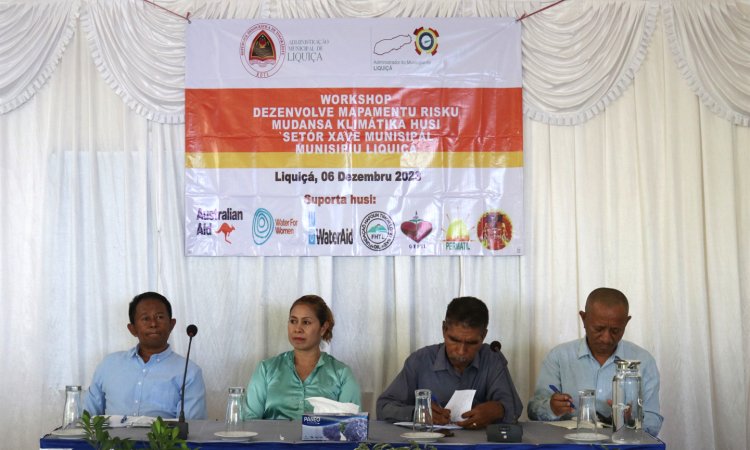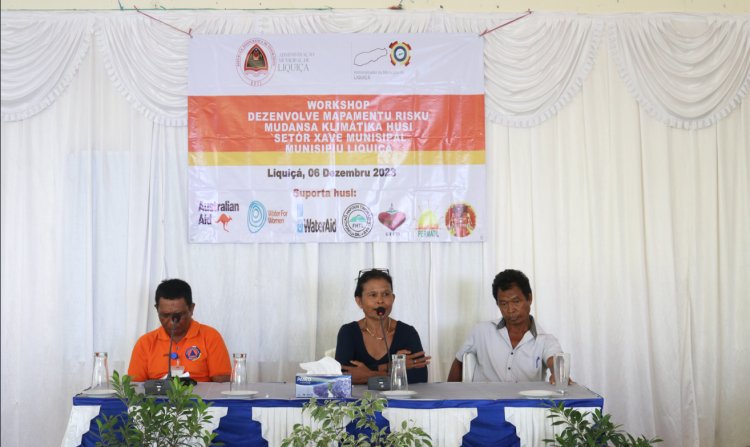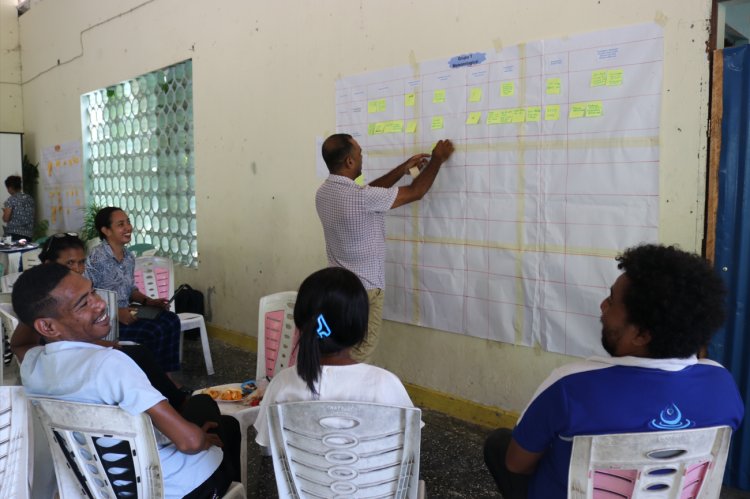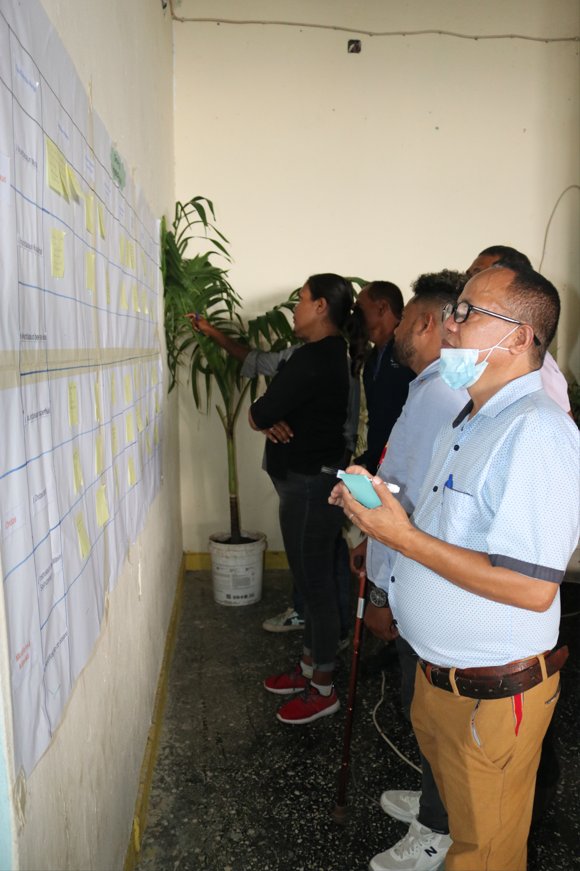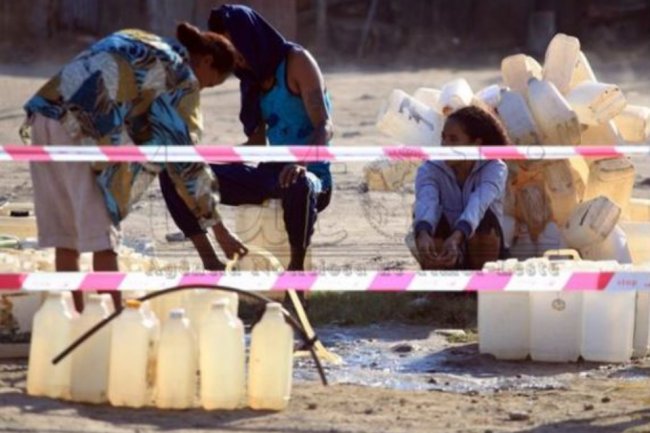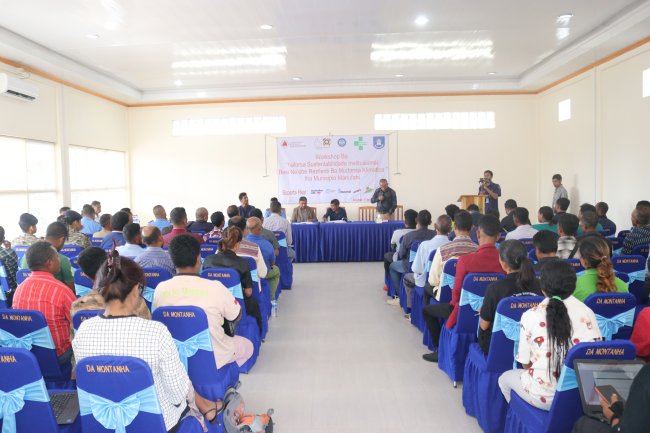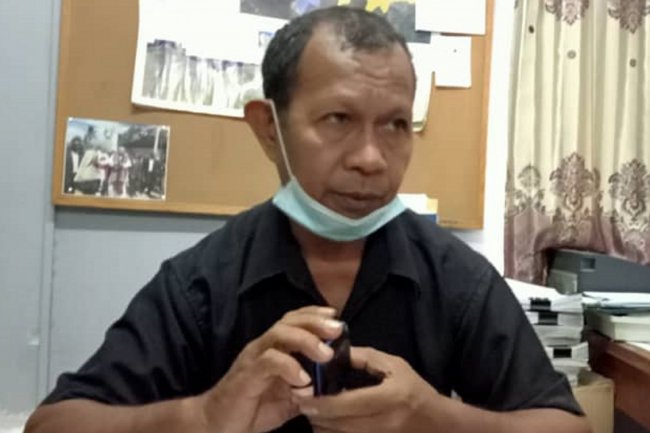Liquiçá Climate Change Hazard Profile Mapping Workshop
Workshop on developing the climate change hazard profile mapping based on the context of Liquiçá municipality from the WASH municipal key sectors helped to identified 20 sub-type of climate change hazards happened in Liquiçá municipality over the past 5 years (2019-2023)
Liquiçá Climate Change Hazard Profile!
Having completed Manufahi Climate Change Hazard Profile, WATL team, its implementing partners, and with the support of Municipal Government organized same workshop on 6 of December to develop the climate change hazard mapping in the context of Liquiçá municipality. This workshop is importance on supporting the municipal key sectors’ plan to consider and prepared to the climate change risk municipal level.
This activity began with the intervention session by the Country Director of WATL, SMASA Director of Liquiçá, and National Director of Environmental Education Information Center (NDEIC) who highlighted the need to prioritize climate change issue and its implications to the water supply, people’s live including the mitigation and adaption plan responding to the climate change.
It was followed by the contextual reflection session by the Pukelete’s Chief of GMF, Morae’s Chief of sub-village, and Rep. of APC Commander who shared their testimony on the challenges facing by the community from the climate change particularly the flooding that destroyed WASH infrastructure and hindered the community’s access to clean water.
There was also presentation session delivered by the Program Director of WATL regarding the Climate Change Hazard Profile and its hazard type, the National Director presented the current climate condition of Liquiçá municipality, and a presentation by PERMATIL regarding learning lesson on the water conservation using natural-based solution.
It was continued to the group discussion and presentation whereby the participants are the WASH municipal key sectors based on the five climate change hazard such as meteorological, climatological, hydrological, geophysical, and biological. This session led to the developed climate change hazard profile mapping based on the Liquiçá context showing that community’s practices on not protecting the environment is one of the major contribution to the climate change in Liquiçá, identified 20 sub-type of climate change hazard from 5 type of hazard happened in Liquiçá over these past 5 years and has very high intensity on threatening community’s live, plantation, animals, and the infrastructures.
